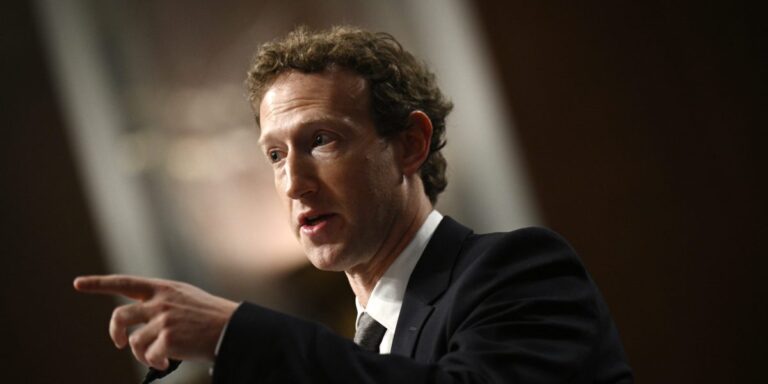
The judges referred the cases to the lower courts in the challenges of professional associations for companies.
Although details vary, both laws aim to address complaints from conservatives that social media companies were liberal-leaning and censoring users based on their views, particularly those of the political right. The cases are among those brought this quarter by judges grappling with free speech norms in the digital age.
The Florida and Texas laws were signed by Republican governors in the months after Facebook and Twitter, now X, decided to cut off then-President Donald Trump’s connections over his posts related to the attack of January 6, 2021on the US Capitol by his supporters.
Trade associations representing the companies filed a lawsuit in Federal Court, claiming the laws violated the platforms’ free speech rights. A federal appeals court struck down the Florida law, while another upheld the Texas law. But both were waiting while awaiting the outcome of the Supreme Court.
In a statement when he signed Florida’s measure into law, Gov. Ron DeSantis said it would be a “protection against Silicon Valley elites.”
When Gov. Greg Abbott signed the Texas law, he said it was necessary to protect free speech in what he called the new public square. Social media platforms “are a place for healthy public debate where information should be able to flow freely — but there is a dangerous movement by social media companies to silence conservative viewpoints and ideas,” Abbott said. “That is wrong and we will not allow it in Texas.”
But a lot has changed since then. Elon Musk bought Twitter and, in addition to changing the site’s name, removed content moderation teams, welcomed back many users previously banned for hate speech, and used the site to spread theories of conspiracy.
President Joe Biden’s administration sided with the protesters, while warning the Supreme Court against a restrictive ruling that maintains the ability of governments to impose regulations to ensure competition, preserve data privacy and protect the interests of consumers. Trump’s lawyers filed a brief in the Florida case that had urged the Supreme Court to uphold the state law.
The cases are among several the justices have wrestled with over the past year involving social media platforms, including one decided last week in which the court dismissed a lawsuit by Louisiana, Missouri and other parties accusing federal officials of pressuring social media companies to silence conservative viewpoints.
During the February debates, the judges seemed inclined to prevent the laws from taking effect. Several judges then suggested that they view the platforms as newspapers with broad free speech protections, rather than telephone companies, known as common carriers, likely to be subject to regulation wider.
But two justices, Samuel Alito and Clarence Thomas, appeared more willing to accept the states’ arguments. Thomas suggested that the companies are seeking constitutional protection to “censor other speech.” Alito also equated the platforms’ content moderation with censorship.
The justices also worry about an overly broad ruling that could affect businesses that are not the primary targets of the laws, including e-commerce sites like Uber And Etsy and email and messaging services.


